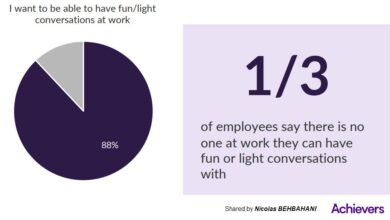
Source | www-vogue-com.cdn.ampproject.org | MOLLY JONG-FAST
A year ago, we were a country frozen in time. Empty planes flew across the sky, life took place on Zoom. We cleaned our groceries, left deliveries outside for days, and debated whether going to the store was really worth the risk. But what a difference a year makes! We are a country in which more than half of Americans are fully vaccinated, and air travel is almost back to pre-pandemic levels. Like it or not, life is getting back to normal. And largely, we don’t like it.
Of course, we will never be “normal” again. The scars of a pandemic will be indelible, will shape us in ways we can’t even begin to guess. The worldwide death of millions will linger in our collective consciousness forever. My grandfather, who died in the 1990s, never got over the flu pandemic of 1918. He developed small habits shaped by his fears. He never took the bus. He walked to work every day. He took handfuls of vitamins. He never got over the miracle of surviving the thing that killed so many of his siblings, his friends, his peers.
We are a country of mourners now; more than 596,000 Americans have died of coronavirus. According to an AP/NORC poll, one fifth of all Americans have lost someone they know to COVID. We aren’t the people we were in January of 2020 and we never will be. And we Americans are the lucky ones: COVID still rages across most of the world. Countries like Colombia and Argentina are seeing their worst death rates so far.
Fortunately, or unfortunately, our new normal is upon us now. Employers want us back in the office, and people want to travel. They want to go back to the rituals of normal American life—weddings, funerals, birthday parties, graduation celebrations. Various media outlets have predicted a roaring 2020s.
But the problem with “getting back to normal” seems to be two-fold. One problem is that some people don’t want to go back to normal. As Anders Melin and Misyrlena Egkolfopoulou noted in Bloomberg, “A May survey of 1,000 U.S. adults showed that 39% would consider quitting if their employers weren’t flexible about remote work.” Working from home has created a culture of families that eat lunch together, of pets that enjoy midday strolls, of life that is just a little bit calmer. My husband, who used to spend one week a month in California for work, no longer makes his regular cross-country trips.






